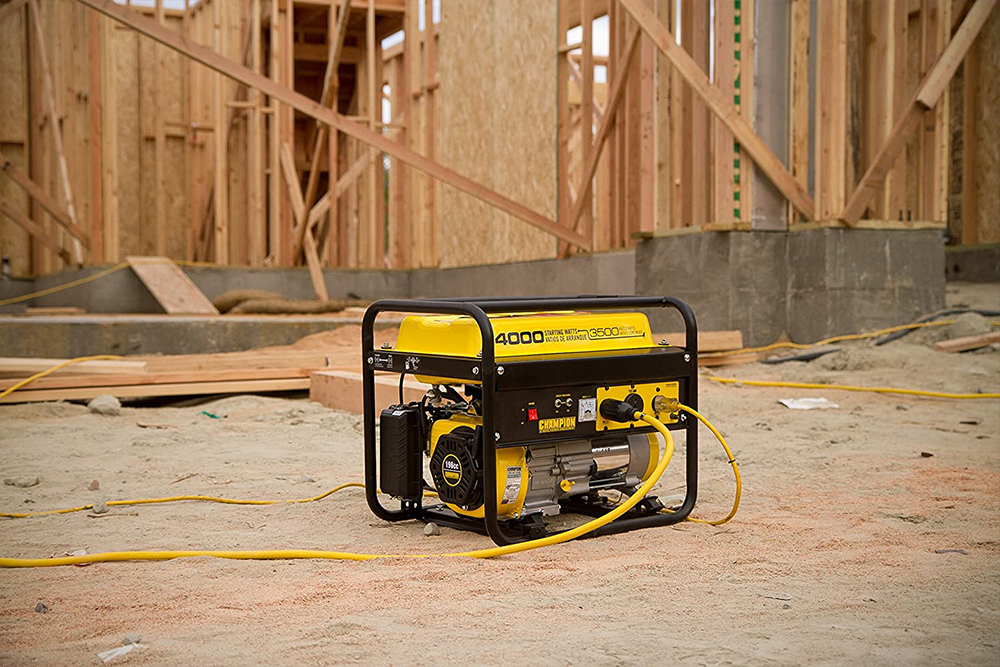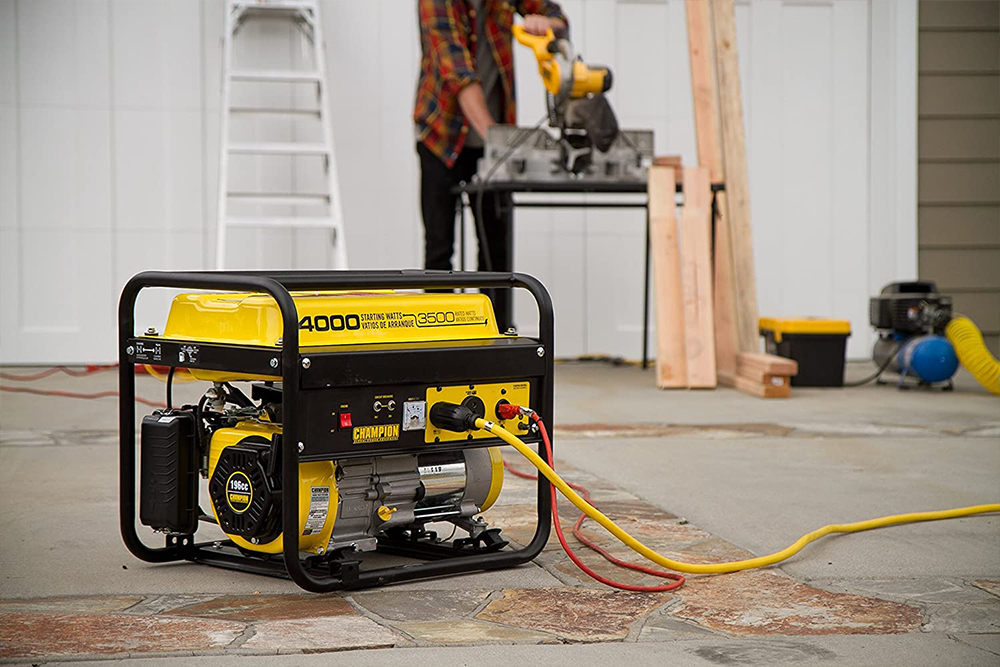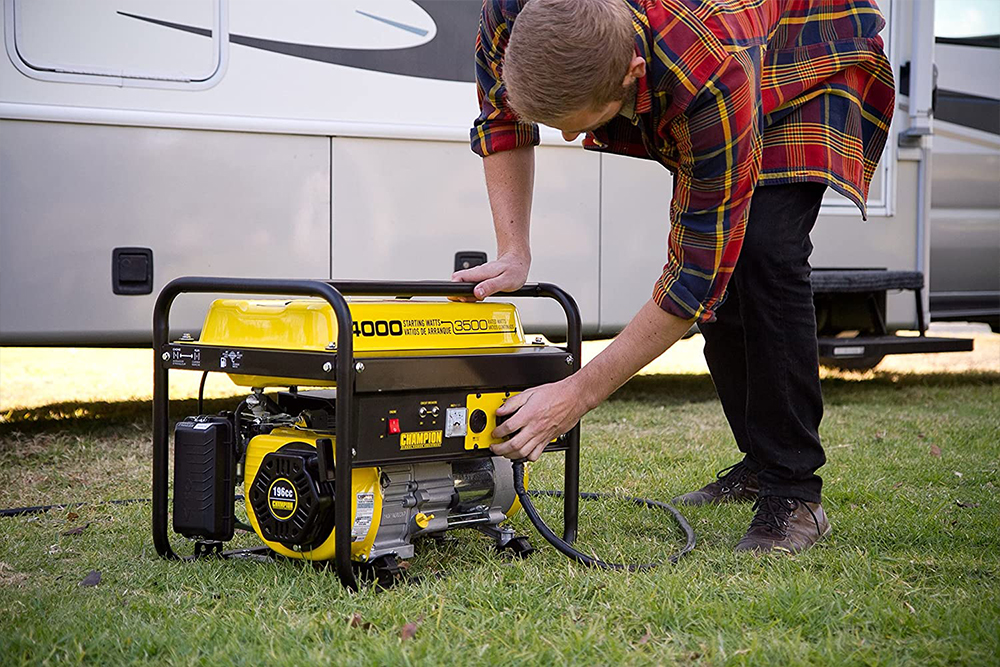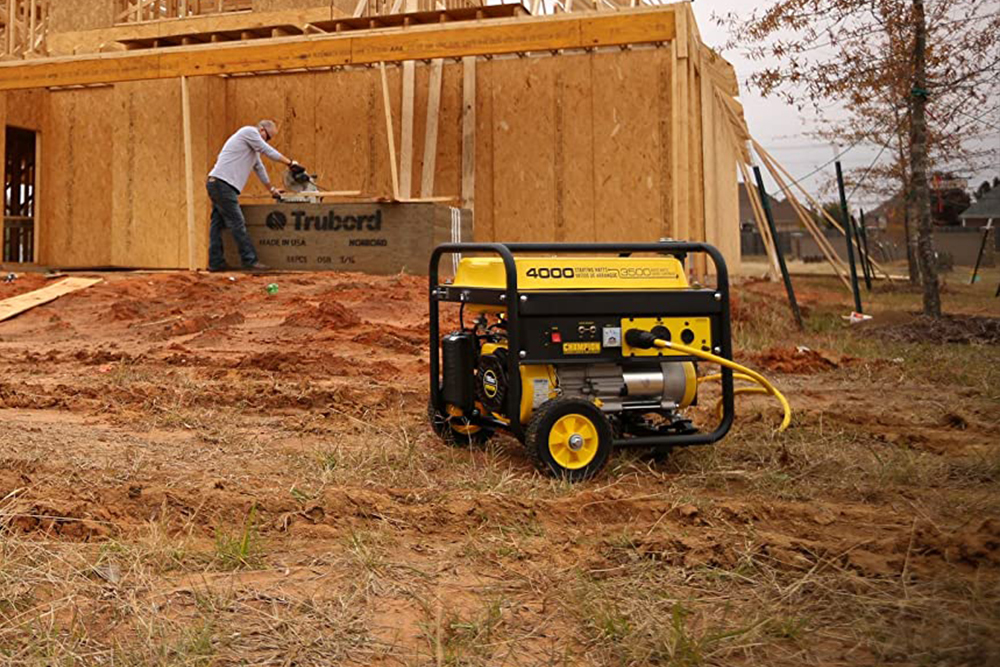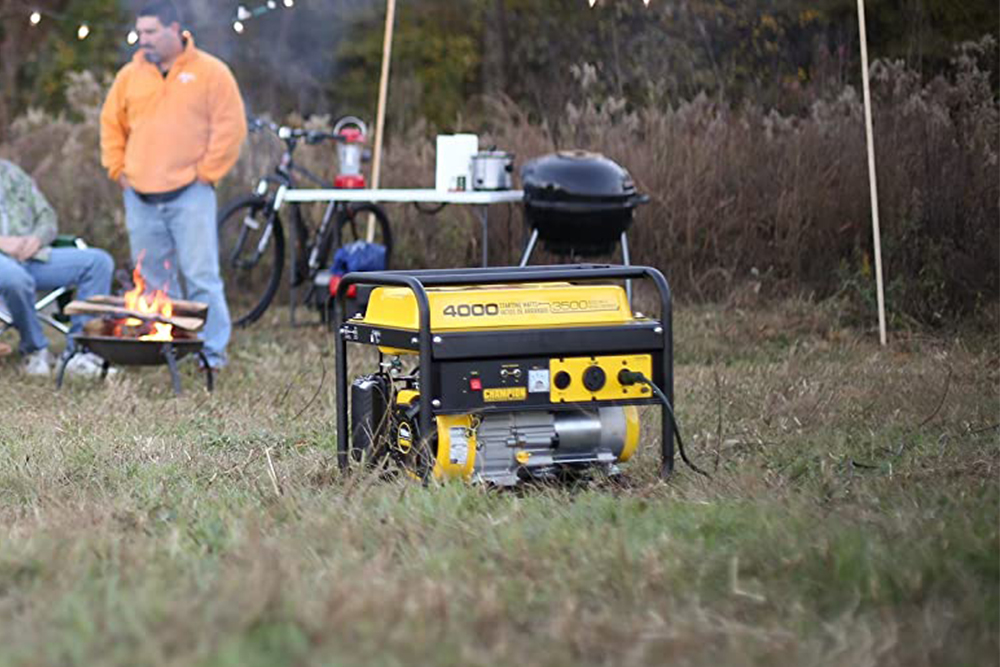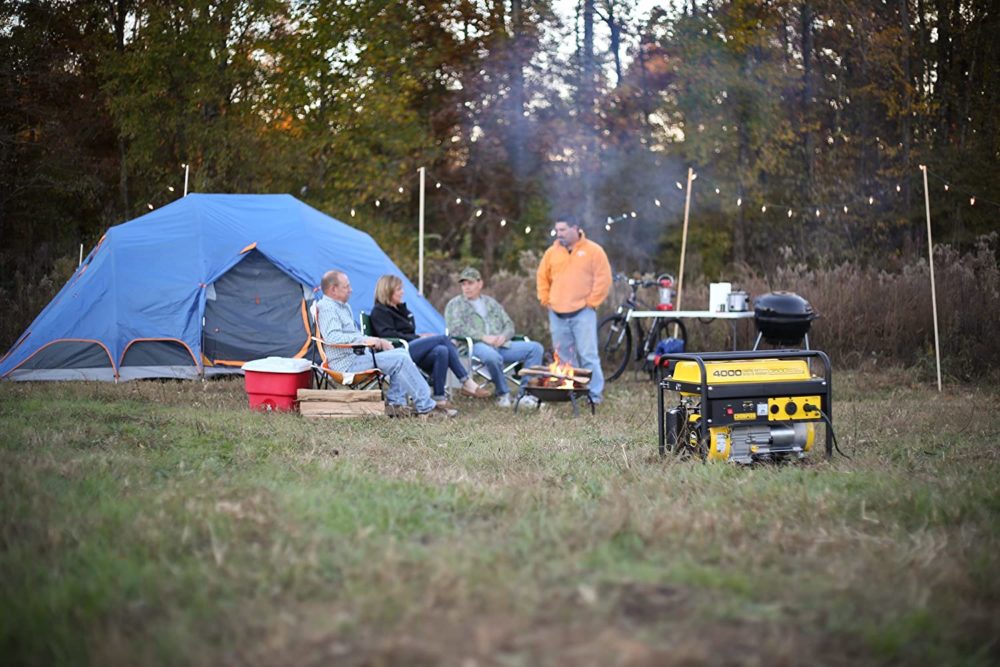When choosing a portable generator for your food truck, it’s hard to know where to start. One common place is with the great debate is around which type of generator is better: conventional or inverter?
Inverter generators, also called quiet or silent generators, have a number of obvious advantages. They make less noise – which your customers will likely appreciate as much as you and your staff will – and are more fuel efficient, and thus environmentally friendly.
Of course, all that might not matter if an inverter generator is too expensive or doesn’t provide enough power to run your devices. You’ll also have to take into account generator portability and how long it will be able to operate before refueling is necessary.
This article will help you to decide if an inverter generator is right for you, and if so, which one will best fit your specific needs.
This website is supported by readers. As an Amazon Associate we earn from qualifying purchases.
What Features Do Food Trucks Need?
Among generators’ many characteristics, you might find it difficult to separate those that would be nice to have from those that you absolutely need. Does your generator need to be able to start electrically? Remotely? Does it need dual fuel capabilities? How useful will these capabilities be for a food truck?
Here’s a breakdown of the main differences between conventional generators and inverter, or quiet, generators.
Types of Generator
Conventional generators produce power thanks to a motor – which runs off of propane, diesel, or unleaded gasoline – and an alternator, which converts mechanical energy into electrical energy. To do this, the require a constant rate of revolutions per minute (RPM), and any change in this rate will affect the flow of energy to appliances depending on the generator, possibly interfering with how they function.
On the plus side, a conventional generator of the same size as an inverter generator can usually produce more power over a longer period of time. They also tend to cost significantly less. On the negative side, conventional generators usually weigh more and occupy more space than inverter generators.
Compared to conventional generators, inverter generators are a relatively new arrival, and the product of technological advances. These advances allow them to adjust their engine speed, or RPMs, in accordance with the amount of energy being drawn from them – making them more fuel efficient than conventional generators.
Inverter generators also have some other advantages. They tend to be smaller, lighter, and therefore more portable than conventional generators. They also produce less noise and vibration, which is why they are sometimes called quiet generators. Of course, all these advances don’t come cheap; inverter generators are usually substantially more expensive than their conventional counterparts.
Sound Production
A significant point to consider before you buy a generator is how problematic it would be to use a loud conventional generator in the areas that you plan to operate your food truck. Some municipalities may limit noise caused by a business or food truck to a certain decibel level. Even if they don’t, a noisy generator can be a nuisance to customers and staff, and cause resentment in residential neighborhoods. That’s the last thing you want.
Limiting Fuel Consumption
Although an inverter generator will initially be more expensive, that cost will be partially offset by its improved fuel efficiency, lowering your energy budget. What’s more, a quiet generator will take up less space and likely require you to carry less fuel, giving you more storage room for other necessary products.
Special Features
Having a dual fuel option – usually meaning that your generator can use propane in addition to gasoline – is a nice perk to have, since propane has several advantages. It can more easily be stored for long periods of time, is often less expensive, and, on some generators, can be easier on the carburetor.
Another nice feature to have is a remote start option, which allows you to get your generator started with a remote control while you get set up for the day. Most electric start generators come with this capability.
Weight, Size, Portability
Your generator won’t only need to move with your food truck; you’ll also have to pull it out to run your appliances and then return it to the truck’s interior when you close up for the day. That means you’ll want something that doesn’t weigh too much to move easily and that fits neatly into the truck.
Be careful about buying a generator with a big power output and large fuel tank. Later on, you’ll be the one who has to lug a big generator around. Many generators have frames, as opposed to wheels, that make them easier to carry – especially those made by Generac, Honda, and DuroMax.
A Word of Advice
Take care of your generator, and it will take care of you. Change your oil frequently and don’t leave gas in the fuel tank for long periods of time (it can go bad). And when you do add gas, make sure that the generator has cooled down. Maintaining your generator properly will extend its life, allowing you to depend on it for years to come.
Frequently Asked Questions
Do I Really Need a Generator for My Food Truck?
Yes. Your trucks engine will very likely not be able to power all the cooking appliances that you’ll need – refrigerator, microwave, blender, A/C, etc. – by itself. So prepare to invest in something you can rely on.
Which Is Better, One Big Generator or Two Small Inverter Generators?
A single large generator will likely be able to provide more starting watts, so if you’re running appliances that demand a lot of starting wattage, this might be the best option for you. Running parallel inverter generators will give you more places to plug in, increasing your power source flexibility.
Is It Ever Safe to Add Gas When the Generator Is Already On?
No. It’s important to let your generator cool down before adding gas; doing otherwise could cause sparks and start a fire.
Final Thoughts
Hopefully, this guide has been helpful in the process of making a decision on what kind of generator you will need. There are options out there for all wattage needs and budgets. That’s means that it’s time to get out the old pencil and paper and start adding up wattage requirements for your food truck’s appliances. Then jot down your other must have features and select a generator that fits the bill (unless you’re one of those lucky few with a place to park that also provides power).
A small disclaimer: if you have any doubts about installation or grounding, check with a professional electrician. Unsafe wiring can lead to electrocution, fire, and serious bodily harm. Once you know how to set up your conventional or inverter generator safely, you’ll be ready to get cooking and start earning the big bucks!
